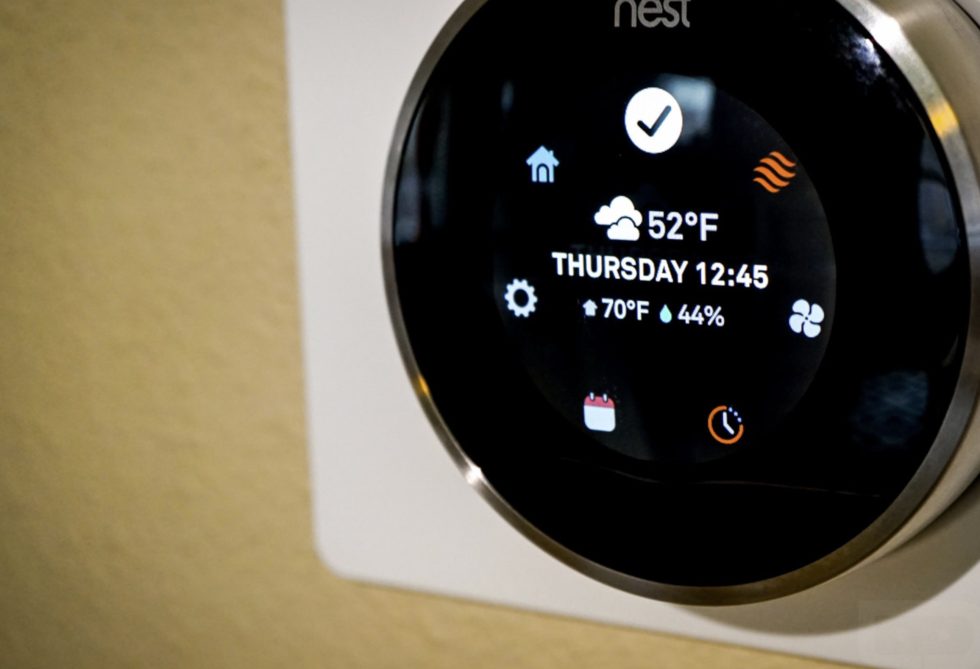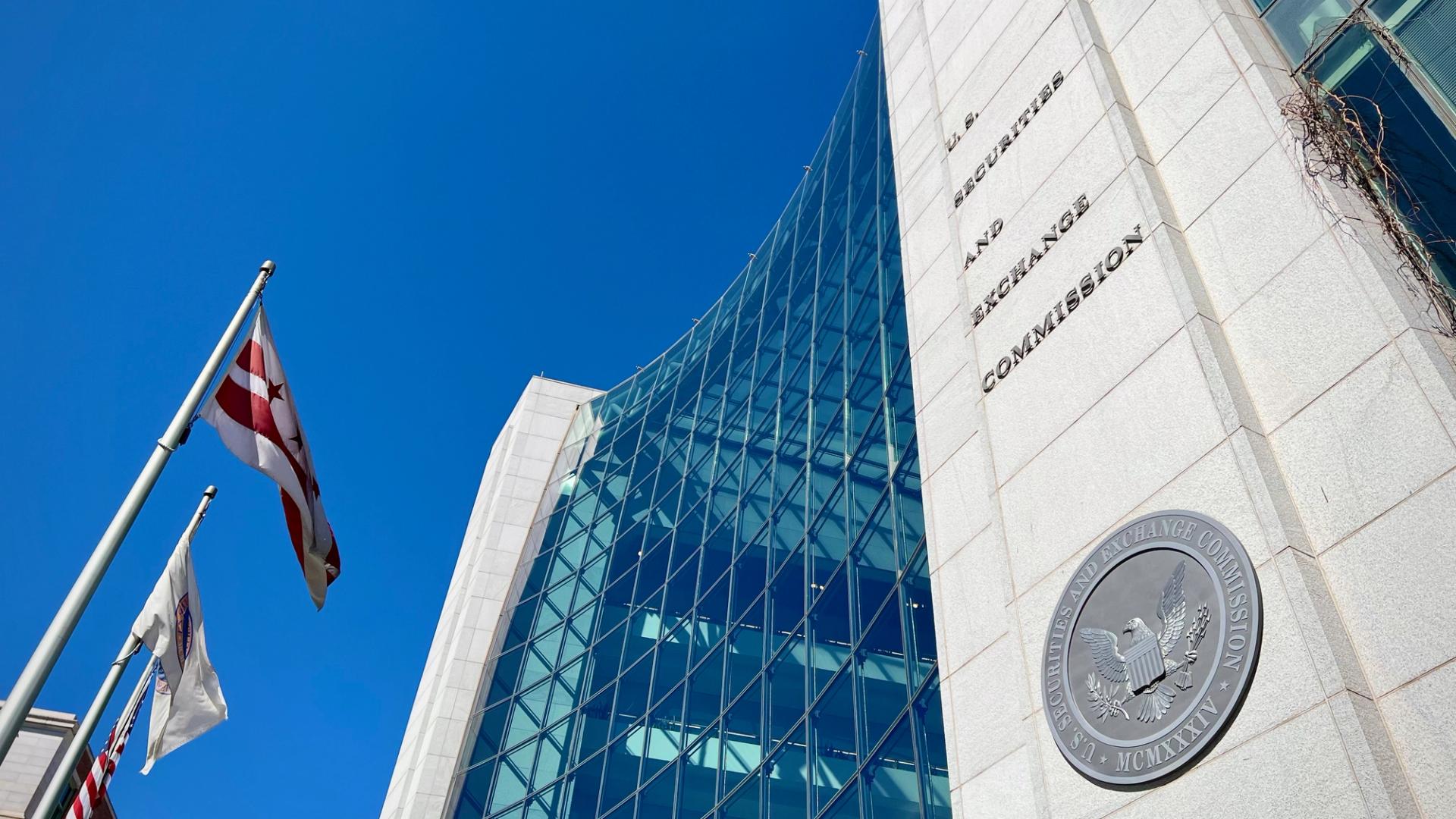U.S. antitrust regulators have a new target: Your cheap TP-Link router
The U.S. Department of Justice is reportedly going after TP-Link for anti-competitive predatory pricing — and potentially posing a national security risk.


TP-Link, that router company whose name occasionally pops up on your list of available WiFi networks, is being investigated by the U.S. government for antitrust violations.
The Department of Justice is investigating TP-Link Systems, Inc. for allegedly setting router prices lower than they cost to make in order to dominate the market, according to Bloomberg. TP-Link told the outlet that it hadn't received an official inquiry from the DOJ, but it plans to cooperate and denies any predatory pricing.
The cheapest TP-Link routers Mashable found are sold by Amazon for around $50, with some gaming routers selling for around $400. For reference, most ISPs will rent customers a router for around $10 to $15, according to Mashable's sibling site CNET, which found it cheaper to buy a router and modem rather than rent them from their internet provider.
The U.S. government's antitrust division has been on a roll lately. Google recently lost two antitrust cases: one for monopolizing the online ad tech industry, and another for monopolizing the search engine market largely wielded by the use of its Chrome browser. (That trial is currently in its remedy phase, and Google plans to appeal the other.) The Federal Trade Commission is also suing Meta for antitrust practices for stifling competition by buying up Instagram and WhatsApp. Globally, antitrust regulators are also on the march, with Japan and the European Union targeting big tech companies like Google, Apple, and Meta.
Under the Biden Administration, the Justice Department ramped up efforts to hold Big Tech companies accountable for anti-competitive practices, and that has continued under the Trump Administration. "Vigorous antitrust enforcement is essential to protect free markets and ensure that we all receive the benefits of competition," said Emma Burnham, director of the Antitrust Division's Criminal Enforcement Section, in a speech in March.
But there's more to the TP-Link story than potential predatory pricing. The California-based manufacturer of the black plastic WiFi router is also suspected of posing a national security risk. According to a December report from The Wall Street Journal, TP-Link, which has ties to China, is being separately investigated by the Departments of Commerce, Defense, and Justice. The routers' security flaws were reportedly exploited by Chinese cyberattackers.
"U.S. officials haven’t disclosed any evidence that TP-Link is a witting conduit for Chinese state-sponsored cyberattacks," said the Journal. So it's unclear if TP-Link is believed to be complicit in selling vulnerable routers, but the U.S. government may even be considering banning the devices altogether. Regardless of the outcomes of the various investigations, it's clear that TP-Link's connections to China have put the company under much more scrutiny.










































































































































































![[The AI Show Episode 144]: ChatGPT’s New Memory, Shopify CEO’s Leaked “AI First” Memo, Google Cloud Next Releases, o3 and o4-mini Coming Soon & Llama 4’s Rocky Launch](https://www.marketingaiinstitute.com/hubfs/ep%20144%20cover.png)














































































































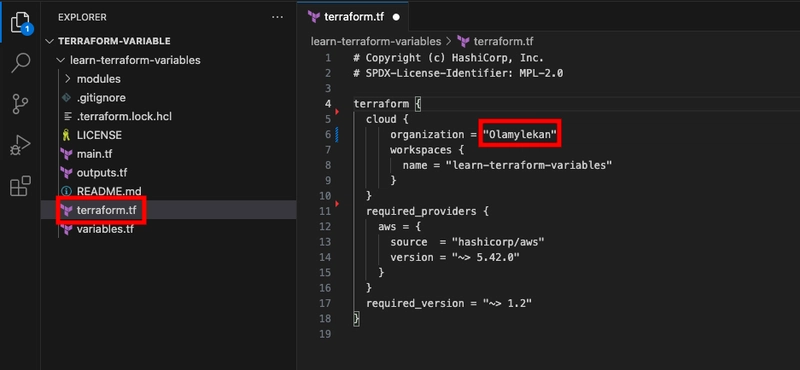


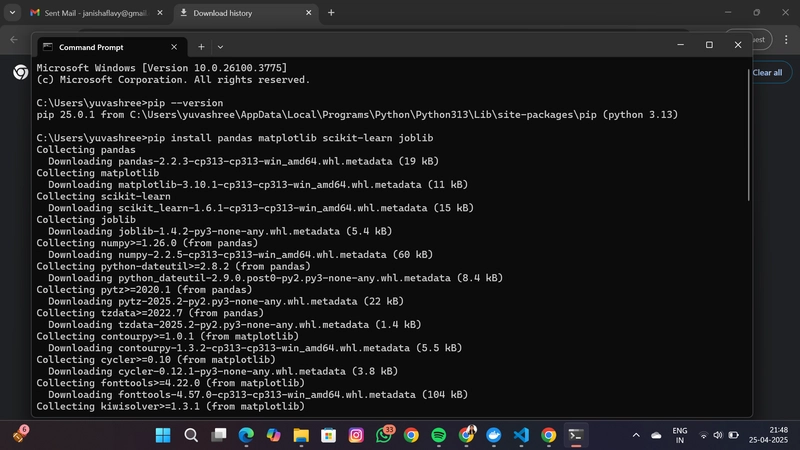

































































.jpg?width=1920&height=1920&fit=bounds&quality=70&format=jpg&auto=webp#)






















































































_Olekcii_Mach_Alamy.jpg?width=1280&auto=webp&quality=80&disable=upscale#)





























































































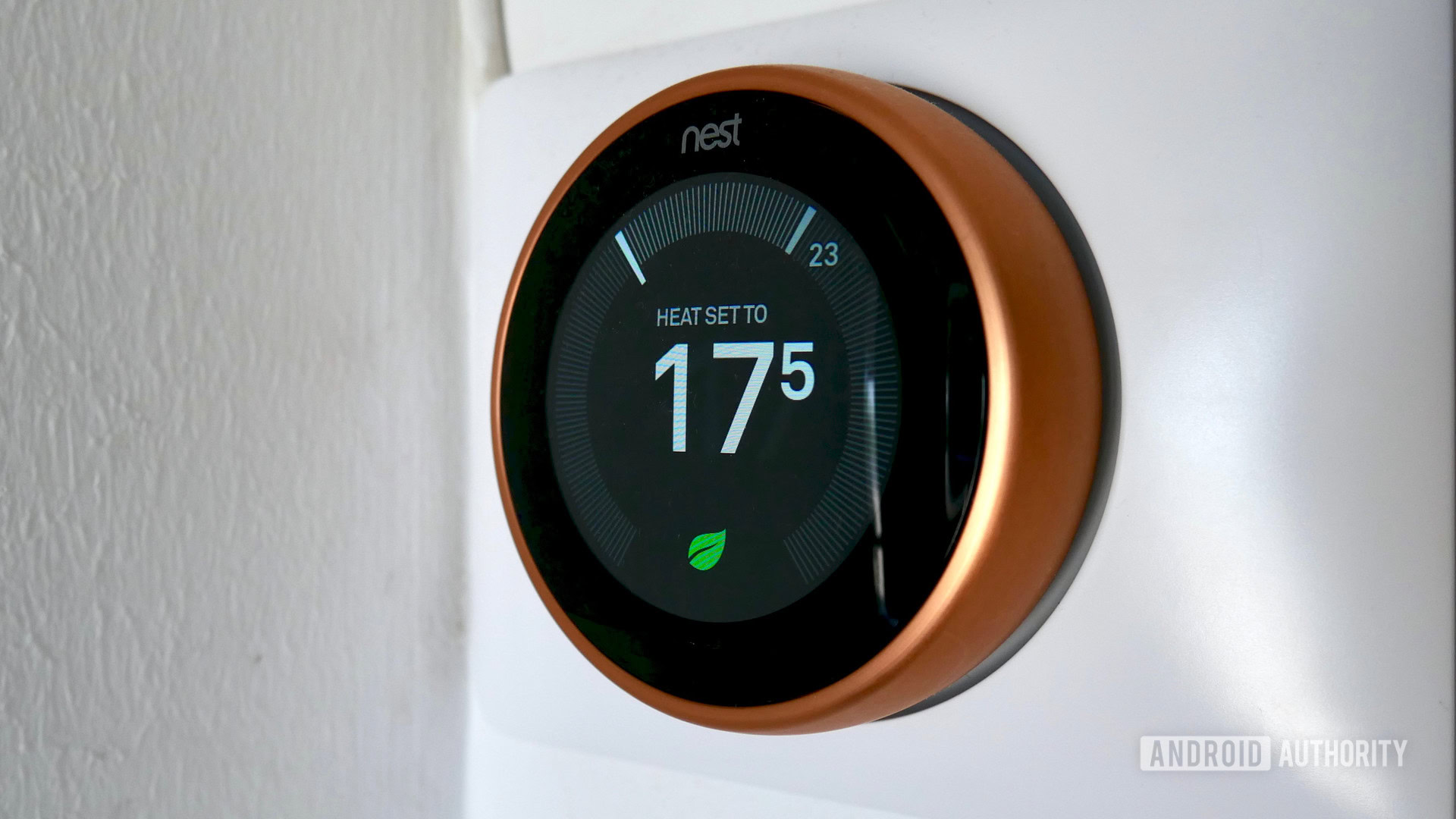



















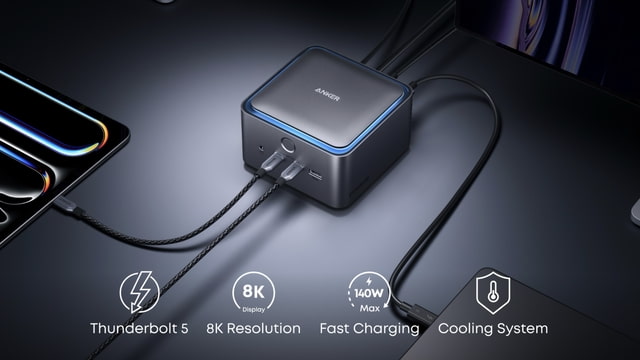
![Most iPhones Sold in the U.S. Will Be Made in India by 2026 [Report]](https://www.iclarified.com/images/news/97130/97130/97130-640.jpg)
![Apple to Shift Robotics Unit From AI Division to Hardware Engineering [Report]](https://www.iclarified.com/images/news/97128/97128/97128-640.jpg)
























